General economic description of Boston, Massachusetts. Please note that economic conditions may have changed since then, and I recommend checking the most recent economic data for the most up-to-date information. Here are some key points about the economy of Boston:
- Diverse Economy: Boston has a diverse and robust economy with a strong presence in various sectors, including finance, technology, healthcare, education, biotechnology, and professional services. This diversity has contributed to the city’s resilience during economic downturns.
- Finance and Technology: The financial and technology sectors have a significant presence in Boston. The city is home to many prominent financial institutions, venture capital firms, and technology startups. The Route 128 corridor, often referred to as America’s Technology Highway, is a hub for tech companies and innovation.
- Healthcare and Biotechnology: Boston is a global leader in healthcare and biotechnology. The presence of renowned institutions such as the Massachusetts General Hospital and Harvard Medical School, as well as numerous biotech and pharmaceutical companies, make the city a powerhouse in the life sciences sector.
- Higher Education: The city is a major educational center, with numerous prestigious universities and colleges, including Harvard University, MIT, Boston University, and Northeastern University. The education sector not only drives research and innovation but also contributes significantly to the local economy.
- Real Estate and Construction: Boston has experienced substantial real estate development, including both residential and commercial properties. The demand for housing and office space has driven construction and real estate-related industries.
- Tourism and Hospitality: Boston’s historical significance, cultural attractions, and tourism industry contribute to the local economy. The city attracts visitors from around the world, particularly for its historical sites and cultural events.
- Startups and Innovation: The city fosters a dynamic startup culture, supported by various incubators, accelerators, and venture capital firms. This culture promotes innovation and entrepreneurship.
- Challenges: Boston’s economic success comes with challenges such as rising housing costs and income inequality. High living costs can be a concern for residents, although it is offset by the high income potential in certain sectors.
- Transportation and Infrastructure: Boston has been investing in improving transportation infrastructure, including public transit, roads, and airports, to support economic growth and reduce congestion.
- COVID-19 Impact: The COVID-19 pandemic had a significant impact on Boston’s economy, particularly in sectors like tourism, hospitality, and education. The city, like many others, worked to adapt to new economic realities during the pandemic.
It’s essential to consider that economic conditions can change rapidly, and local economic factors may have evolved since my last knowledge update. For the most current information on Boston’s economy, I recommend consulting local government reports, economic indicators, and news sources.


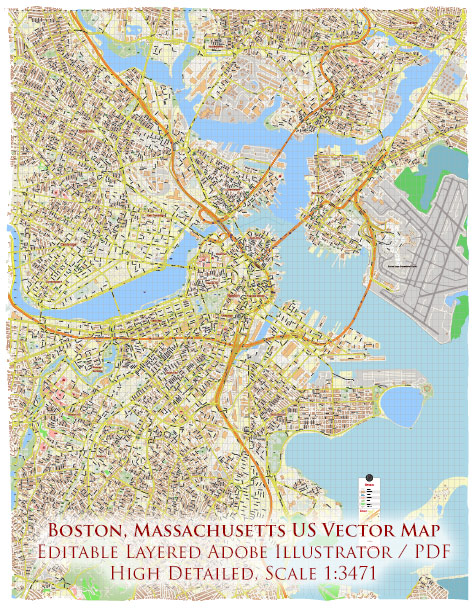
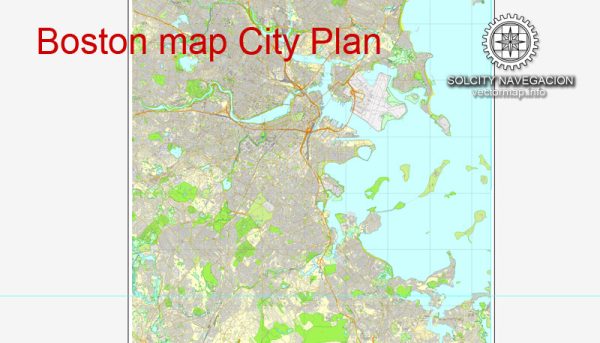
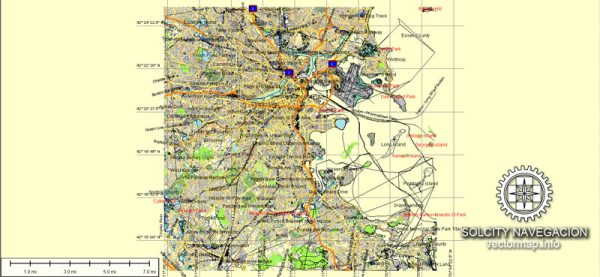
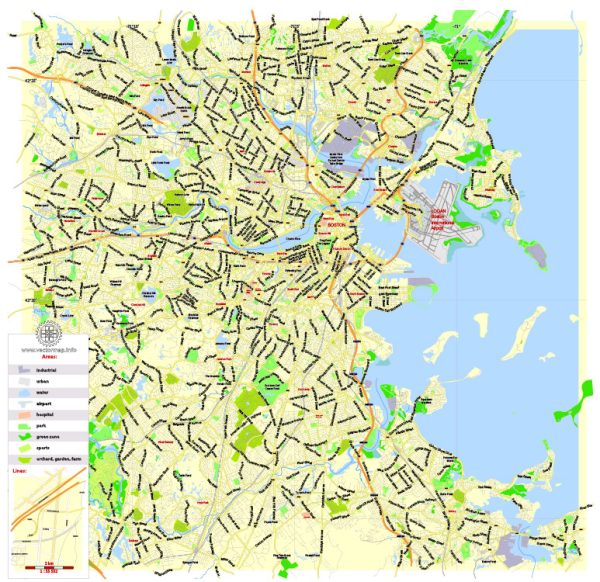
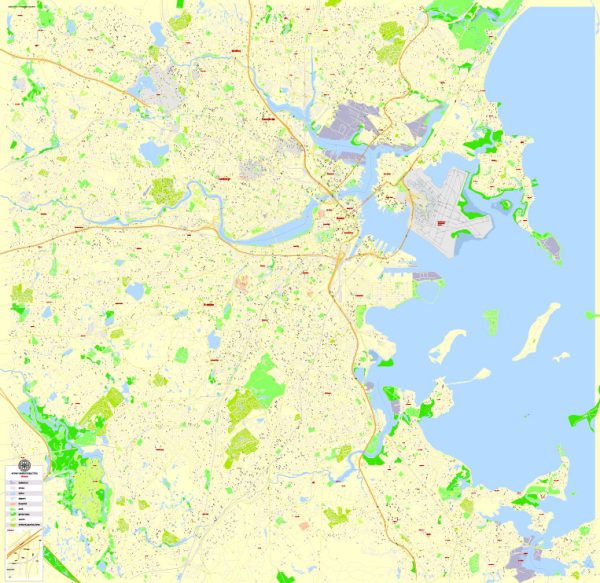
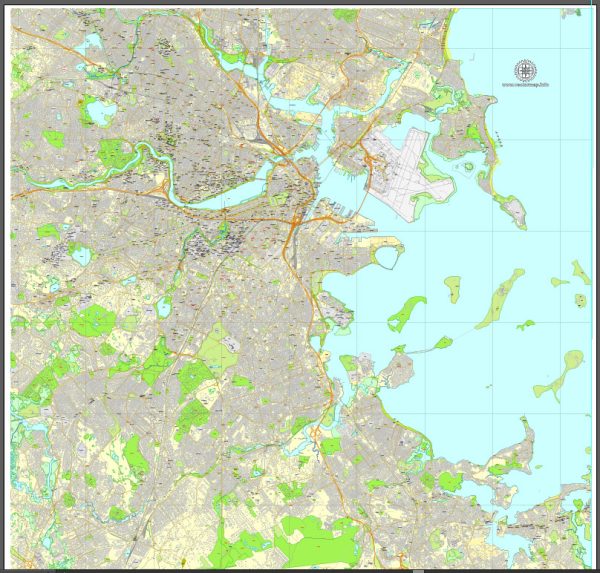
 Author: Kirill Shrayber, Ph.D.
Author: Kirill Shrayber, Ph.D.